What Changes Minds About Masks? In This Small Town, It Was A Child’s Death
Enlarge this image
Outside City Hall on the evening of a vote on a proposed mask order in Washington, Mo., residents Ali and Duncan Whittington protest against the order, along with their 4-year-old daughter. «I’m here because I feel my freedom is being violated, Ali says.
Sara Shipley Hiles/KHN
hide caption
toggle caption
Sara Shipley Hiles/KHN
Enlarge this image
Downtown Washington, Mo.
Sara Shipley Hiles/KHN
hide caption
toggle caption
Sara Shipley Hiles/KHN
Downtown Washington, Mo.
Sara Shipley Hiles/KHN
Some locals began asking: What would it take for this town to change? University of Missouri health communication assistant professor Yerina Ranjit said many factors influence health decisions. For instance, she said, people usually follow health advice if they believe an illness is serious and that they are susceptible to it.
«That’s true with COVID as well, she said. Older people are more likely to wear masks and social distance. But others might not wear masks if they think the virus wouldn’t make them very ill.
Symbolic threats, or things that people feel threaten their values, can also affect behavior. In a survey of U.S. adults yet to be published, Ranjit and her colleagues studied media viewing and found that the kind of information people are exposed to makes a real difference.
Regardless of political affiliation, they found, Fox News viewers were more likely to think the pandemic threatens the American way of life, which made them less likely to wear masks. They were «buying into the idea that masks are against our identity, she said. On the other hand, people watching MSNBC felt more afraid of the virus, which caused them to wear masks.
But in November, Mayor Sandy Lucy noticed that attitudes were evolving. That’s when residents heard about Peyton, the middle-schooler, who declined rapidly and died days after being admitted to the hospital, his mother told KMOV. According to his obituary, he was known for his love of Pokémon Go, flag football and the St. Louis Blues.
«Suddenly there was a death of a 13-year-old, Lucy said, «and you think, maybe this virus is more vicious than I give it credit for being.
Peyton’s mother, Stephanie Franek, pleaded in a TV interview: «Wear a mask when you’re in public, wash your hands and know that COVID is real.
Meanwhile, cases skyrocketed. Between the first and second mask votes, the total COVID count in Franklin County, with a population around 104,000, climbed from 728 to 4,594, and deaths rose from 19 to 75. In the week ending Nov. 23, 25% of COVID tests returned positive results.
Mercy Hospital Washington was running out of space. Hospital President Eric Eoloff tied rising hospitalizations and deaths to the absence of safety measures. «As a hospital administrator, I knew we would be on the receiving end of the choices not to wear the masks and not social distancing, he said.
In a surprise move on Nov. 19, the Franklin County Board of Commissioners enacted a mandatory mask order. Presiding Commissioner Brinker told The Missourian that he had spoken to local doctors and the St. Louis regional pandemic task force, and the numbers «speak for themselves. Brinker did not respond to requests for comment for this story.
Although the order already applied to the city, the Washington City Council went further and approved its own mask rule four days later. Unlike the county order, which expires Dec. 20, the city’s mandate will stay in force based on metrics related to the new COVID case rate, hospital admissions and deaths.
Dozens of protesters wielded flags and signs against mandatory masking outside City Hall the evening of the vote. Ali and Duncan Whittington came with their 4-year-old daughter. «I’m here because I feel my freedom is being violated, Ali Whittington said.
Councilman Obermark later said that he had lost a lot of sleep over his decision. «It wasn’t one thing, he said. «It was several things that made me change my mind.
The high positivity rate, the lack of capacity at the hospital. Knowing healthy people whom COVID «knocked down for days. His wife having to quarantine. And Peyton’s death.
He said he knows masks aren’t a cure-all, but they could help reduce the spread until vaccines arrive.
«We tried nothing and it isn’t working, he said, «so we have to try something.
KHN (Kaiser Health News) is a nonprofit news service covering health issues. It is an editorially independent program of KFF (Kaiser Family Foundation) that is not affiliated with Kaiser Permanente.
- mask mandates
- COVID-19
- masks
Обсудим?
Смотрите также:




